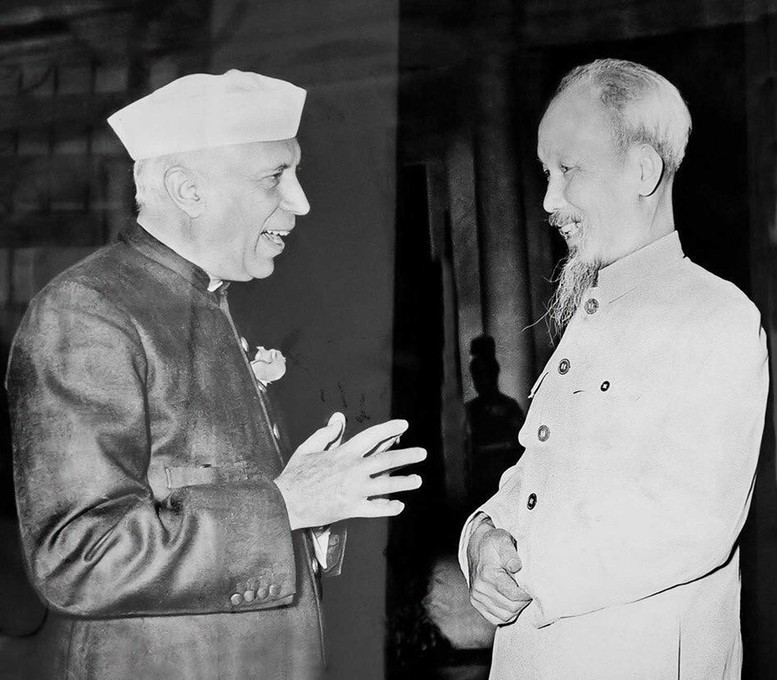
At 22:40 on July 30, local time (0:10 on July 31, Hanoi time), Prime Minister Pham Minh Chinh and the Vietnamese delegation arrived at Palam military airport in New Delhi, starting a State visit to India at the invitation of Indian Prime Minister Narendra Modi.
Prime Minister Pham Minh Chinh's visit to India aims to affirm Vietnam's consistent policy of attaching importance to the traditional friendship and comprehensive strategic partnership with India.
In an article preceding Prime Minister Pham Minh Chinh's state visit to India, the Vietnam Government News assessed 'The Vietnam-India friendship is an enduring friendship. The Buddhist connections from the 2nd century AD have been recorded in history, and hundreds of relics across Vietnam spanning over a thousand years connect civilizations, demonstrating the depth of the intersection between the two countries' history and culture. The modern phase of the Vietnam-India relationship is closely associated with President Ho Chi Minh.'
According to the newspaper, during the anti-colonial and anti-imperialist struggles, Vietnam always received active, strong, and substantial support from the Indian government and people. Both countries have always supported each other in international forums.
Since 1991, India has implemented its 'Look East Policy' and later transformed it into the 'Act East Policy', in which ASEAN in general and Vietnam in particular have become important partners for India in the region. In 1992, India and Vietnam established deep economic relations in many areas, including oil and gas exploration, agriculture, and manufacturing. In 1997, India and Vietnam upgraded their trade partnership through the signing of a Bilateral Investment Promotion and Protection Agreement (BIPA).
Entering the 21st century, bilateral relations through the channels of the Party, State, National Assembly, and people-to-people exchanges between the two countries have increasingly expanded and deepened.
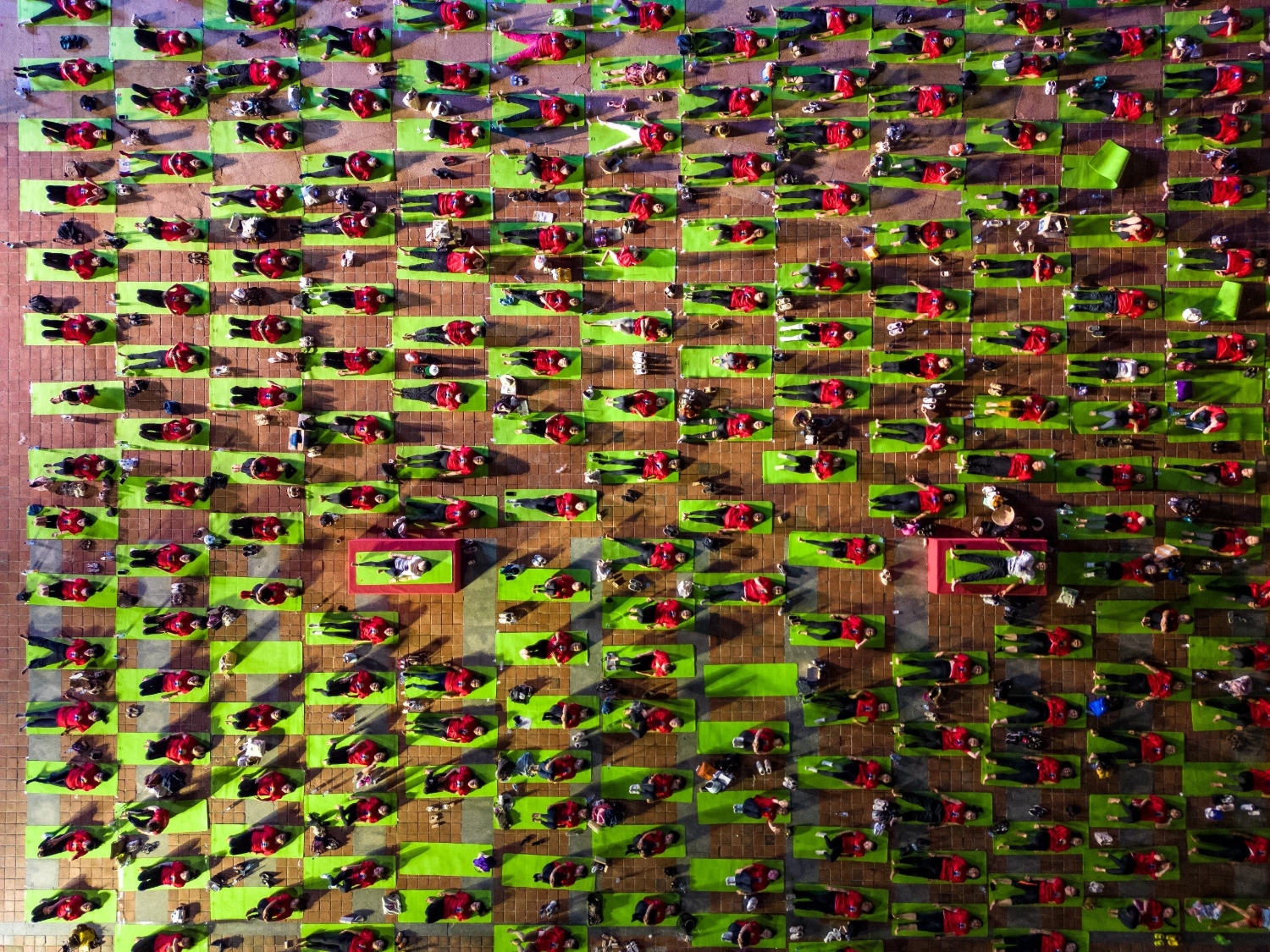
In the fields of education and culture, India supports Vietnam in training high-quality human resources. India is currently providing 150 short-term scholarships under the Indian Technical and Economic Cooperation (ITEC) program, 30 scholarships under the Indian Council for Cultural Relations (ICCR) Cultural Exchange Program and the General Cultural Scholarship Scheme (GCSS). Additionally, India provides Vietnam with several scholarships for Hindi language, and Indian culture training.
India also supports Vietnam with several projects related to information technology and English language teaching, such as the Advanced Resource Center for Information and Communication Technology (ARC-ICT) in Hanoi (operating since September 2011), assisting Vietnam in establishing English centers at Da Nang University (under the ASEAN-India cooperation framework), and the National Defense Academy. Furthermore, India has provided Vietnam with a high-performance computer system installed at Hanoi University of Science and Technology.
Information on India-Vietnam relations on the official website of the Indian Embassy in Vietnam also shows that the friendship between the two countries is deeply maintained by cultural ties and people-to-people exchanges.
In particular, the Buddhist connection between the two countries reflects a civilizational connection dating back millennia. Many Buddhist scholars and pilgrims frequently visit India, including the Vietnamese Buddhist temple in Bodh Gaya.
In April 2023, the Most Venerable Thich Tri Quang, the Supreme Patriarch of the Vietnamese Buddhist Sangha, attended the Global Buddhist Summit in New Delhi and was warmly received by the Indian Prime Minister. The Permanent Vice President of the Vietnamese Buddhist Sangha's Executive Council, Most Venerable Thich Thanh Nhieu, and Venerable Thich Nhat Tu, deputy head of the Vietnam Buddhist Academy, spoke at the International Buddhist Confederation held in New Delhi from November 27-28, 2023.
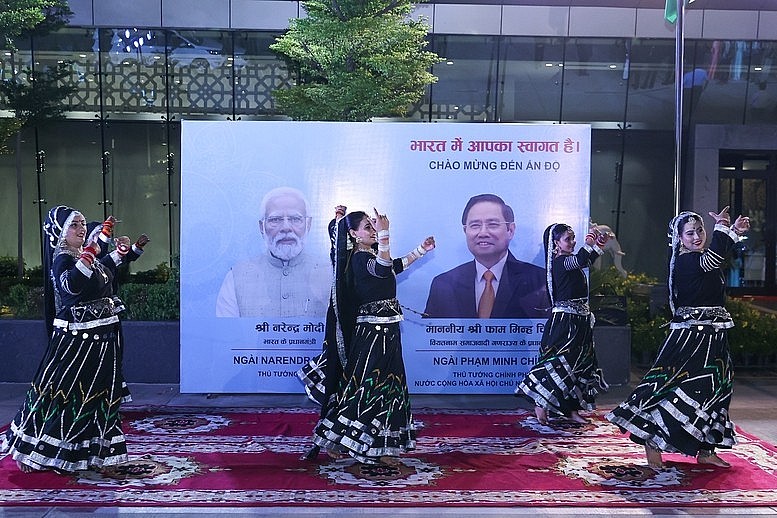
Professor Srikanth Kondapalli, a researcher on East Asia at the School of International Studies, Jawaharlal Nehru University, India, expressed his expectation that Prime Minister Pham Minh Chinh's visit would bring more agreements related to people-to-people exchanges.
"This is necessary because Vietnam and India are developing countries and there is a great need for exchanges between the people of each country. I think the current leaders should try to strengthen this. Therefore, I think Prime Minister Pham Minh Chinh's visit is an important one, where we expect more agreements to be signed," he said.
|
Prime Minister Pham Minh Chinh and the Vietnamese delegation are paying a state visit to India from July 30 to August 1 at the invitation of Indian Prime Minister Narendra Modi. During the visit, Prime Minister Pham Minh Chinh is expected to hold talks and meetings with high-ranking Indian leaders such as Indian Prime Minister Narendra Modi, Indian President Droupadi Murmu, Indian Vice President Jagdeep Dhankhar, and Indian Speaker of the House Om Birla. The Prime Minister will also meet with leaders of some Indian political parties, attend forums and seminars with businesses of the two countries, receive leading Indian economic groups, visit the embassy, and meet with representatives of the Vietnamese community in India. |
Author: Rosie Nguyen
Source: Vietnamtimes
Reader Comments
Newer articles
Older articles
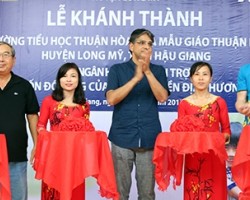 Ceremony of Inauguration of primaryschool and kindergarten in Long My district
Ceremony of Inauguration of primaryschool and kindergarten in Long My district
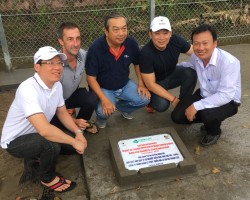 Handing over the volunteer work at Phuong Phu 3 Primary School
Handing over the volunteer work at Phuong Phu 3 Primary School
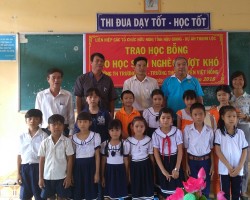 Motivating students with Thanh Loc project Scholarships
Motivating students with Thanh Loc project Scholarships
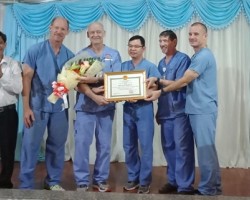 Highly effectiveness of charitable medical treatment of Mercer University
Highly effectiveness of charitable medical treatment of Mercer University
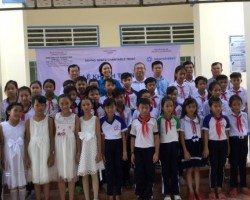 Ceremony of inauguration 05 classrooms of Thanh Hoa 1 primary school in Phung Hiep district
Ceremony of inauguration 05 classrooms of Thanh Hoa 1 primary school in Phung Hiep district
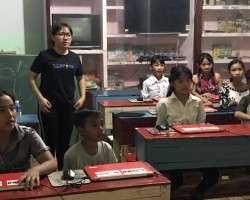 The opening ceremony computer classes for orphans in Vi Thanh City
The opening ceremony computer classes for orphans in Vi Thanh City
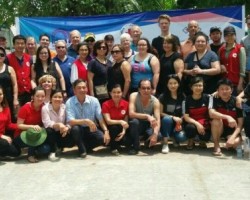 One-hundred and ninety-two wheelchairs for the disabled
One-hundred and ninety-two wheelchairs for the disabled
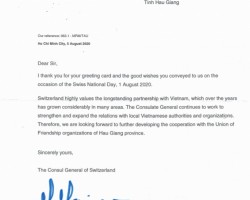 Hau Giang province Union of Friendship Organizations, Consulate Generals in Ho Chi Minh City strengthen cooperation
Hau Giang province Union of Friendship Organizations, Consulate Generals in Ho Chi Minh City strengthen cooperation
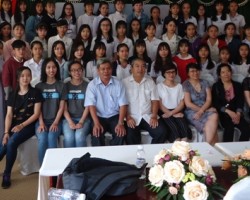 The Asia Foundation’s Scholarship program in Hau Giang province
The Asia Foundation’s Scholarship program in Hau Giang province